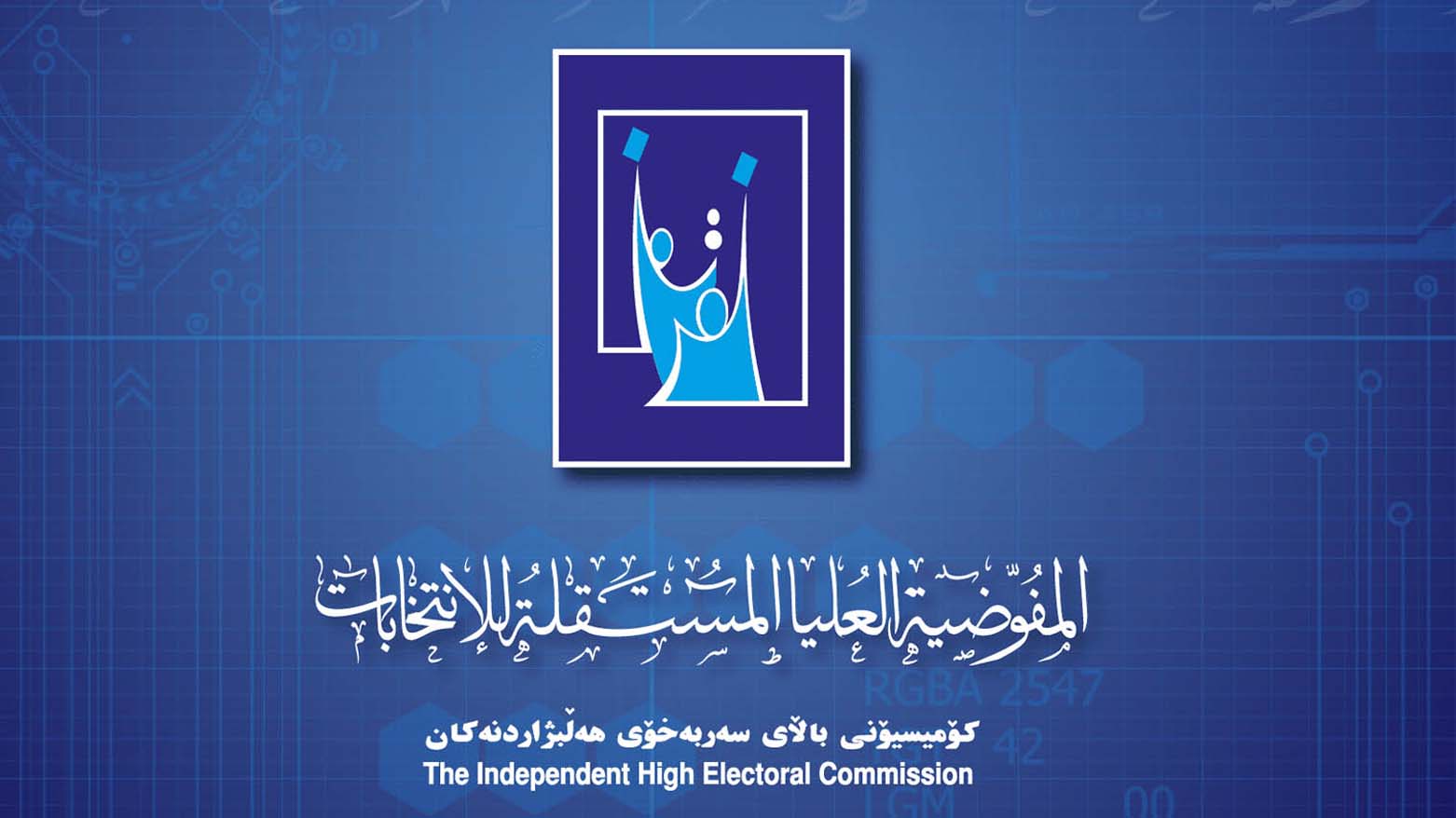IHEC Confirms Final Preparations Completed for Sixth Parliamentary Elections
IHEC spokesperson Jumana Ghalai stated that candidates, parties, and coalitions will be able to verify results and vote counts using barcodes scanned through mobile phones.

ERBIL (Kurdistan24) – The Independent High Electoral Commission (IHEC) announced on Wednesday that all preparations for the sixth round of Iraqi parliamentary elections have been completed, with preliminary results set to be released within 24 hours of the vote.
IHEC spokesperson Jumana Ghalai stated that candidates, parties, and coalitions will be able to verify results and vote counts using barcodes scanned through mobile phones. She confirmed that initial results will be announced at 6:00 p.m. on November 12, a day after ballots are cast.
Ghalai added that logistical arrangements have been finalized and that schools designated as polling centers have begun the admission process in preparation for election day.
Earlier, on Saturday, the IHEC announced that voting machines would print results directly at polling stations. These printed results will be shared with representatives of political parties, civil society organizations, and media outlets present at the sites.
This year’s election process includes an additional transparency measure, allowing party representatives and approved observers to access results directly at each polling station. The Commission said this step aims to enhance trust and ensure greater clarity in the vote-counting process.
Iraq’s parliamentary elections are scheduled for November 11, when voters will choose 329 members of the Council of Representatives. The council will subsequently elect the country’s president and approve the appointment of the prime minister.
According to the IHEC, 21,404,291 citizens across Iraq are eligible to vote.
This year’s elections will feature 38 political parties, 31 coalitions, and 75 individual lists, with a total of 7,768 candidates—5,520 men and 2,248 women—competing for seats in Iraq’s Council of Representatives.
The upcoming vote will be held under a new electoral system introduced after the 2018 elections and nationwide protests from 2019 to 2021, shifting from proportional representation to a single non-transferable vote system in 83 multi-member constituencies.